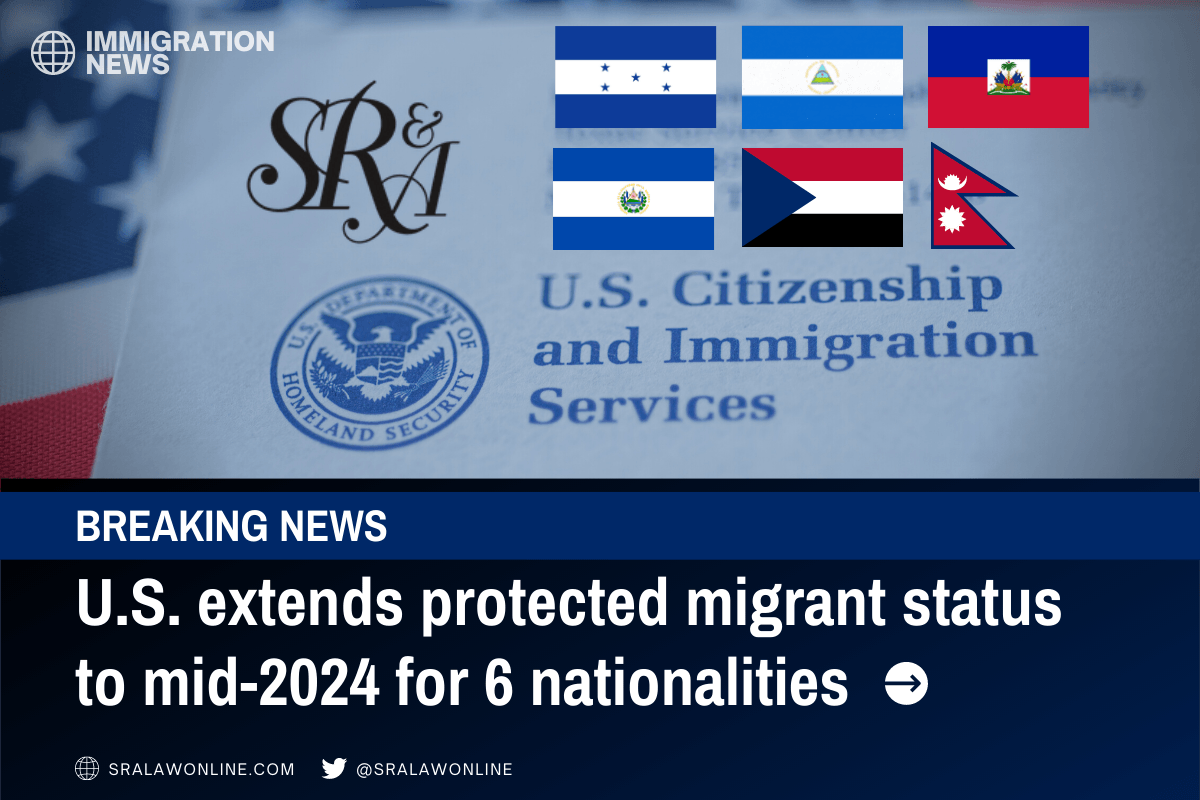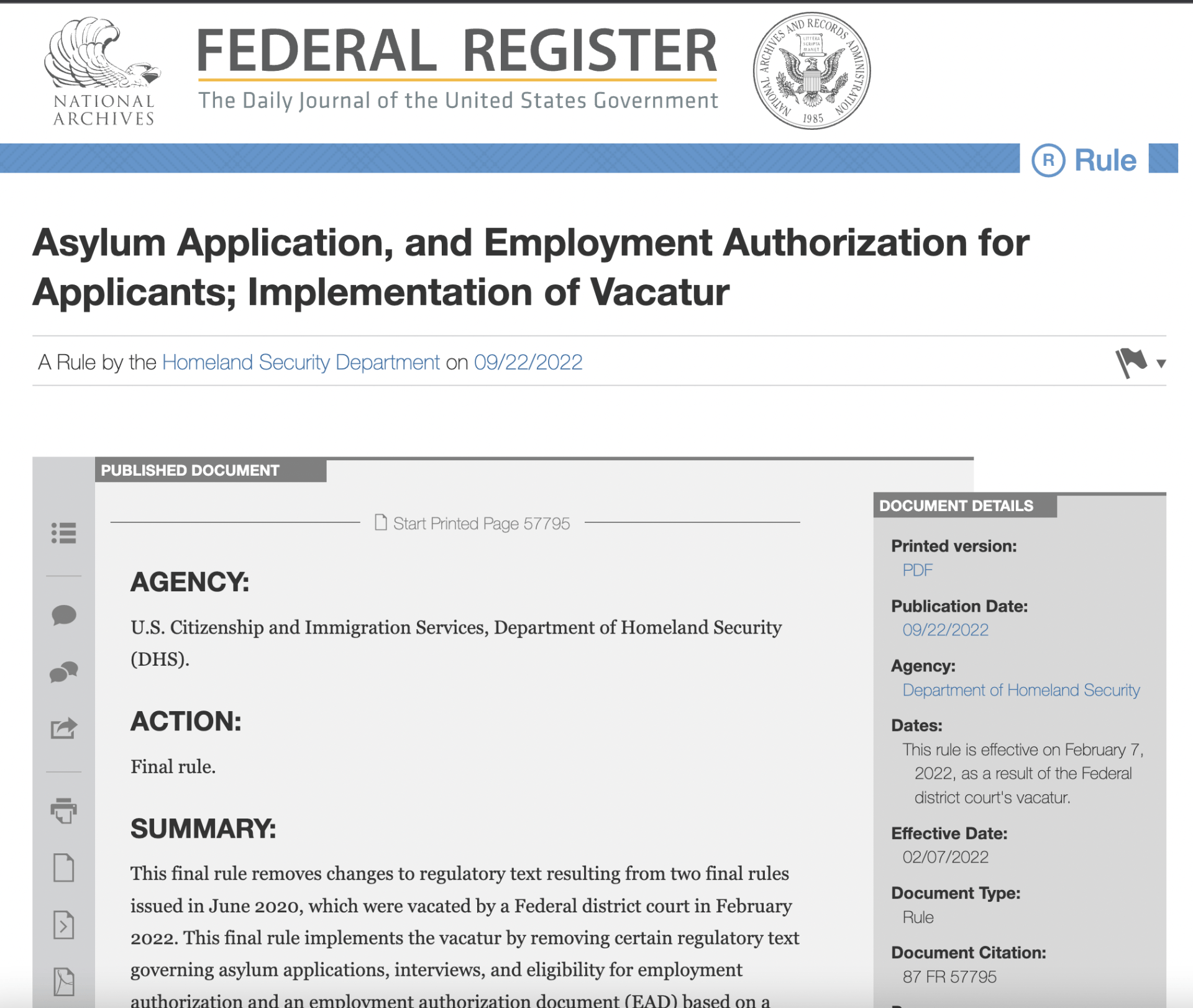The History of Forced Sterilization
An American Tradition of Sterilizing Peoples Deemed “Undesirable.”

Whistleblower, Dawn Wooten, a nurse who worked at an immigration detention center in George has come forward about a high number of hysterectomies performed on immigrant women. The complaint filed on her behalf also alleges medical neglect, unsafe work practices, and a failure to protect employees and detained people from Covid-19 occurring at the Immigration and Customs Enforcement (ICE) facility. This is not the first time in American history that women have been forced to undergo a hysterectomy. America has a lot of history of forced sterilization on poor, disabled, or incarcerated and people of color.
America's detention centers are wrought with poor medical care for those detained within.
In the complaint to the Office of Inspector General, Wooten called the doctor “the uterus collector”. The accounts of ongoing brutalities at ICE concentration camps may be an immediate consequence of the racist and fascist Trump administration, but, if Wooten's claims are confirmed, they would be continuations of — not irregularities from — an American tradition of sterilizing peoples deemed “undesirable.” President Donald Trump’s administration did not create white supremacist eugenic practices to America: They have always been inherent to our country fixated on “borders” and imprisoning certain people. To say otherwise is an injustice to the countless victims of sterilization and inhumane health care provided to detainees.
“If true, the appalling conditions described in the whistleblower complaint—including allegations of mass hysterectomies being performed on vulnerable immigrant women—are a staggering abuse of human rights,” House Speaker Nancy Pelosi said in her September 15. “This profoundly disturbing situation recalls some of the darkest moments of our nation’s history.”
Wooten did not speak much about the hysterectomy accusation during a recent press conference, instead chose to focus on concerns that the center is not testing inmates for Covid-19, that it is not being sanitized, and that little personal protective equipment is available
Federal Representative Bennie Thompson, a Democrat who chairs the House Homeland Security Committee, said the panel is conducting an investigation into conditions at the ICE-contracted facilities "and will examine these new and incredibly serious allegations."
ICE said it did not comment on issues raised with the inspector general, but takes the allegations seriously.
These violations are also part of a much larger pattern of marginalized people’s bodily autonomy being infringed. 19th-Century gynecologist J. Marion Sims created a technique for treating fistulas—holes between the vagina and bladder or rectum—by experimenting on enslaved women. The Tuskegee syphilis study in the 20th Century, during which researchers conducted the study without the benefit of patients’ informed consent. Researchers told the men they were being treated for “bad blood,” a local term used to describe several ailments, including syphilis, anemia, and fatigue. In exchange for taking part in the study, the men received free medical exams, free meals, and burial insurance. Originally projected to last 6 months, the study went on for 40 years.
There are more chapters to this grotesque treatment of the detained. The man dubbed the “father of modern gynecology,” J. Marion Sims, conducted experiments on enslaved Black women without anesthesia who has statues around the US.
Under international law, anyone detained has a right to be treated with humanity and respect for their innate dignity, and that right includes access to appropriate medical care. The United States is a party to the International Covenant on Civil and Political Rights (ICCPR). Under the ICCPR, governments should provide “adequate medical care during detention.” In prison, where most material conditions of incarceration are directly attributable to the state, and inmates have been deprived of their liberty and means of self-protection, the requirement to protect individuals from the risk of torture or ill-treatment can give rise to a positive duty of care, which has been interpreted to include effective methods of screening, prevention, and treatment of life-threatening diseases. Article 9 of the International Covenant on Civil and Political Rights states, “Everyone has the right to liberty and security of person. No one shall be subjected to arbitrary arrest or detention. No one shall be deprived of his liberty except on such grounds and in accordance with such procedure as are established by law.”
The US government’s negligence to provide sufficient medical care to people in immigration detention cannot be detached from its more comprehensive failure to maintain a limited detention system in keeping with human rights principles. The United States may have a legitimate interest in detaining some undocumented immigrants to ensure their presence at trial and to ensure the deportation of those judged to be removable, many people in detention, including thousands of asylum-seekers, are held under statutory provisions that mandate detention without adequate individualized review.
In 1907, Indiana passed the first eugenic sterilization law, which “made sterilization mandatory for criminals, idiots, rapists, and imbeciles in state custody”. California’s 1909 eugenics law stated that anyone committed to a state institution could be sterilized. 32 states enacted laws that led to between 60 and 70,000 people being made infertile.
The Racial Integrity Act of 1924 encouraged the sterilization of institutionalized people in Virginia to improve the "health of the patient and the welfare of society." In the 1927 case Buck v. Bell, the Supreme Court upheld that act and the judgment resulted in 70,000 sterilizations of people considered "unfit" to reproduce, mainly due to mental illness, but also based on physical disability, poverty, or race. The Virginia Sterilization Act of 1924 gave a model to Adolf Hitler for Nazi Germany’s sterilization program. In 1967, both the Racial Integrity Act and the Virginia Sterilization Act of 1924 were officially overturned by the United States Supreme Court in their ruling Loving v. Virginia. In 2001, the Virginia General Assembly passed a resolution that condemned the Racial Integrity Act for its "use as a respectable, 'scientific' veneer to cover the activities of those who held blatantly racist views."
As the eugenics crusade earned followers, laws started popping up aimed at preventing people who were considered hereditarily “unfit” from producing children, including sterilization.
Thousands of Mexican women who had come to the U.S. had been forcibly sterilized between the 1920s and 1950s for being deemed “immigrants of an undesirable type.” In the 1960s and 1970s, Mexican women in Los Angeles were tricked into having non-consensual sterilizations to obtain medical care or have their babies delivered. Between the 1930s and the 1970s, nearly one-third of women in Puerto Rico were sterilized as part of a mass eugenics campaign, something that continues to impact Puerto Rican women and the larger Puerto Rican community today. In Los Angeles, Mexican immigrant women filed a 1975 civil rights lawsuit claiming that doctors were compelling Spanish-speaking mothers during labor into agreeing to tubal ligation; the case led to the California State Legislature repealing the 1909 sterilization law.
Civil rights activist Fannie Lou Hamer has spoken about a forced hysterectomy without her knowledge in 1961 while undergoing surgery to remove a uterine tumor. Teaching hospitals performed this procedure on poor Black women frequently enough that it became known as a “Mississippi appendectomy.”
In the 1970s, the U.S. administration forcibly sterilized as many as 70,000 Native women through the Indian Health Service. An estimated 25 percent of Native women of childbearing age were sterilized by 1976. This attack on reproductive freedoms of Native women was concurrent with feminists rejoicing the expansion of women’s right to choose, due to the 1973 Supreme Court decision Roe v. Wade. Also in 1973, two Black sisters, Minnie and Marie Relf were sterilized under the premise of receiving birth control shots, their lawsuit drew national attention to how the U.S. government was targeting poor Black women with sterilization efforts. As desegregation efforts expanded sterilization rates for Black women increased, evidence of a backlash to integration intended to reassert “white supremacist control and racial hierarchies specifically through the control of Black reproduction and future Black lives,” according to Dr. Alexandra Minna Stern, Professor of American Culture, History, and Women's Studies at the University of Michigan, and leader of the Sterilization and Social Justice Lab, which is studying the history of sterilization in the United States.
These practices didn't stay in the twentieth century though. Almost 40 women inmates endured forced sterilizations without giving proper consent in California between 2005 and 2011. In 2013, an investigation found that at least 148 female inmates in two California prisons were coercively sterilized between 2006 to 2010. In 2017, a judge in Tennessee offered reduced jail time to men and women who agreed to intrauterine devices (IUDs) or vasectomies. Within the prior two decades, judges have even ordered women not to become pregnant during their probation or until regaining custody of their children.
Based on the most recent analysis of independent medical experts, the 72-page report,
“Code Red: The Fatal Consequences of Dangerously Substandard Medical Care in Immigration Detention,” examines the 15 “Detainee Death Reviews” ICE released from December 2015 through April 2017. The physicians conducting the analysis also found evidence of substandard medical practices in all but one of the remaining reviews.
“ICE has proven unable or unwilling to provide adequately for the health and safety of the people it detains,” said Clara Long, a senior US researcher at Human Rights Watch. “The Trump administration’s efforts to drastically expand the already-bloated immigration detention system will only put more people at risk.”
“To the extent that Congress continues to fund this system, they are complicit in its abuses,” said Heidi Altman, policy director at the National Immigrant Justice Center, a nongovernmental group dedicated to ensuring human rights protections and access to justice for all immigrants, refugees, and asylum seekers. “Congress should immediately act to decrease rather than expand detention and demand robust health, safety, and human rights standards in immigration detention.”
The new report is an update of a 2017 Human Rights Watch report that examined deaths in detention between 2012 and 2015, as well as a 2016 report by the American Civil Liberties Union, the Detention Watch Network, and the National Immigrant Justice Center that examined deaths in detention between 2010 and 2012.
Watch "No Más Bebés" to learn more about this tragic history in America: https://www.pbs.org/independentlens/films/no-mas-bebes/













